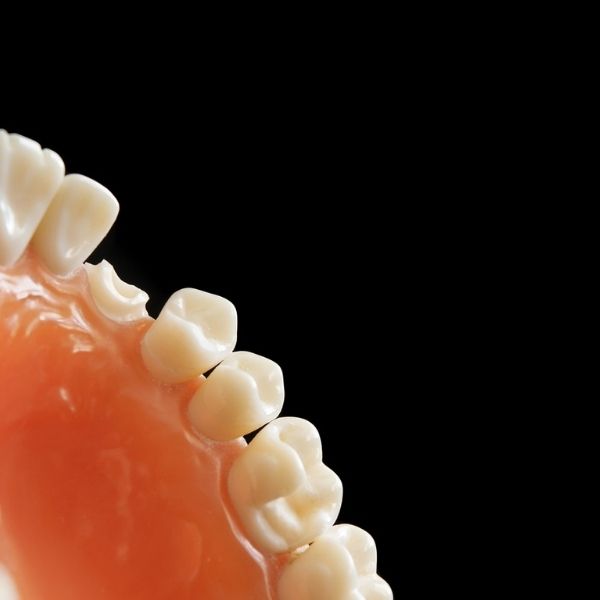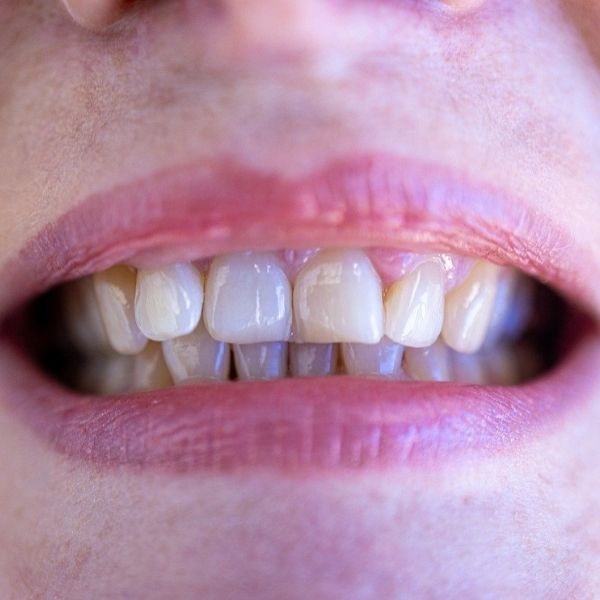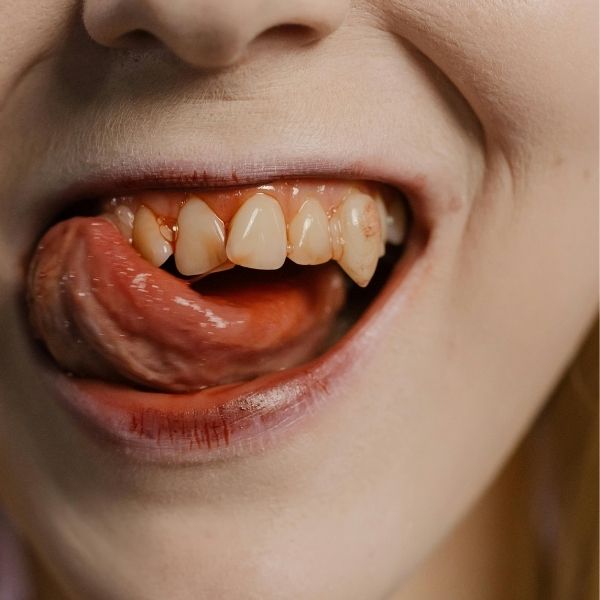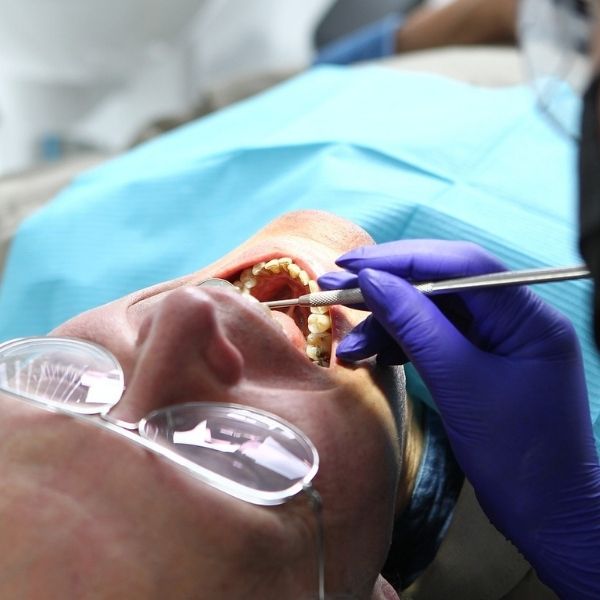Ways to prevent tooth decay are essential for maintaining a healthy smile and avoiding the need for costly dental treatments. Tooth decay is one of the most common dental problems, but it’s entirely preventable with proper care and attention. By following simple but effective practices, you can protect your teeth from cavities, gum disease, and other oral health issues. In this article, we’ll explore 7 ways to prevent tooth decay, so you can maintain strong, healthy teeth for life.
1. Brush Your Teeth Regularly
One of the most straightforward ways to prevent tooth decay is by brushing your teeth regularly. Brushing your teeth at least twice a day—once in the morning and once before bed—is crucial for removing plaque, the sticky film of bacteria that forms on your teeth. Plaque can lead to cavities if it’s not removed regularly.
Use a fluoride toothpaste, as fluoride helps to remineralize your tooth enamel, making it stronger and more resistant to decay. Brush for at least two minutes to ensure you clean every surface of your teeth. Be sure to replace your toothbrush every three to four months, or sooner if the bristles are worn, to maintain effective cleaning. Brushing your teeth twice daily is one of the easiest ways to prevent tooth decay and maintain oral health.
2. Floss Daily
While brushing removes plaque from the surfaces of your teeth, it doesn’t reach the tight spaces between your teeth, where food particles and plaque can accumulate. Flossing daily is another of the most effective ways to prevent tooth decay. Dental floss can reach the areas between your teeth that a toothbrush can’t, removing food debris and plaque. If you skip flossing, plaque can build up in these areas, eventually leading to cavities and gum disease.
To floss effectively, gently slide the floss between your teeth and curve it around the base of each tooth, making sure to clean beneath the gumline. Flossing helps reduce the risk of cavities between teeth, which is one of the more common areas where decay occurs. By making flossing part of your daily routine, you’re taking important steps toward preventing tooth decay.
3. Limit Sugary Foods and Drinks
A significant factor in preventing tooth decay is reducing your intake of sugary foods and drinks. Sugar is a primary food source for the harmful bacteria in your mouth. When these bacteria consume sugar, they produce acids that attack your tooth enamel, leading to cavities. The more frequently you consume sugary foods, the more acids are produced, increasing your risk of tooth decay.
To minimize your risk, limit sugary snacks like candy, cookies, and soda. If you do indulge in something sweet, try to brush your teeth afterward or rinse your mouth with water to wash away any leftover sugar. Remember, it’s not just the amount of sugar you consume, but also how often you eat sugary foods. Frequent snacking throughout the day provides a continuous supply of sugar to the bacteria in your mouth, making it more difficult to prevent tooth decay.
4. Eat a Balanced Diet
Eating a well-balanced diet is one of the most important ways to prevent tooth decay. Your diet plays a crucial role in the health of your teeth and gums. Foods rich in vitamins and minerals, especially calcium and phosphorus, help strengthen your teeth. Dairy products like milk, cheese, and yogurt are excellent sources of calcium, which helps protect and rebuild tooth enamel.
In addition to calcium, foods rich in fiber, such as fruits and vegetables, help stimulate saliva production, which naturally washes away food particles and neutralizes acids in the mouth. Eating a variety of nutrient-dense foods is a key component of preventing tooth decay and ensuring your teeth remain strong and healthy.
In particular, eating crunchy fruits and vegetables like apples, carrots, and celery can help clean your teeth naturally. They also provide your body with the vitamins and minerals necessary for overall oral health. A nutrient-rich diet supports your immune system, reducing the chances of infections and other oral health problems that could increase your risk of tooth decay.
5. Drink Plenty of Water
Drinking plenty of water is not only important for your overall health, but it is also one of the most effective ways to prevent tooth decay. Water helps to wash away food particles and bacteria from your teeth, reducing plaque buildup. Fluoridated water is especially beneficial for your teeth, as fluoride helps to strengthen your tooth enamel and makes your teeth more resistant to decay.
In addition to drinking water throughout the day, it’s a good idea to sip water after meals or snacks, particularly if you’ve consumed sugary or acidic foods and drinks. This helps neutralize acids and flush out harmful substances from your mouth, protecting your teeth from potential decay. Water is a simple yet powerful tool in the fight against tooth decay.
6. Use Mouthwash with Fluoride
Mouthwash is an excellent addition to your oral care routine. Using a fluoride mouthwash after brushing and flossing can significantly enhance your efforts to prevent tooth decay. Fluoride strengthens your tooth enamel, making it more resistant to acids that lead to cavities. A fluoride mouthwash can also help kill bacteria in your mouth, reducing plaque buildup and the risk of gum disease.
When choosing a mouthwash, look for one that contains fluoride and has antibacterial properties. Swish the mouthwash around your mouth for the recommended time, usually about 30 seconds, and then spit it out. Using mouthwash as part of your regular routine provides extra protection against tooth decay and can help maintain fresher breath and healthier gums.
7. Visit Your Dentist Regularly
One of the most important ways to prevent tooth decay is by seeing your dentist regularly. Dental checkups are essential for catching any early signs of cavities or gum disease before they become more serious problems. Your dentist can detect small cavities that might not be visible to you and provide treatment, such as fluoride treatments or fillings, to prevent further decay.
During your visit, your dentist will also professionally clean your teeth, removing plaque and tartar buildup that regular brushing and flossing can’t remove. This helps reduce the chances of developing cavities. Regular dental exams, typically every six months, are key to maintaining good oral health and preventing tooth decay from advancing into something more severe.
Preventing tooth decay doesn’t require complicated or expensive treatments. With the right daily habits, you can significantly reduce your risk of cavities and maintain strong, healthy teeth. Brushing twice a day, flossing daily, limiting sugary foods, eating a balanced diet, drinking water, using fluoride mouthwash, and visiting your dentist regularly are all ways to prevent tooth decay. By following these steps, you can enjoy a lifetime of healthy teeth and gums, free from the discomfort and expense of tooth decay.
Remember, having healthy gums and teeth starts with proactive care. By incorporating these ways to prevent tooth decay into your routine, you’ll be well on your way to maintaining excellent oral health for years to come. Stay consistent with your dental care and make healthy choices to ensure that your smile stays bright and decay-free.





